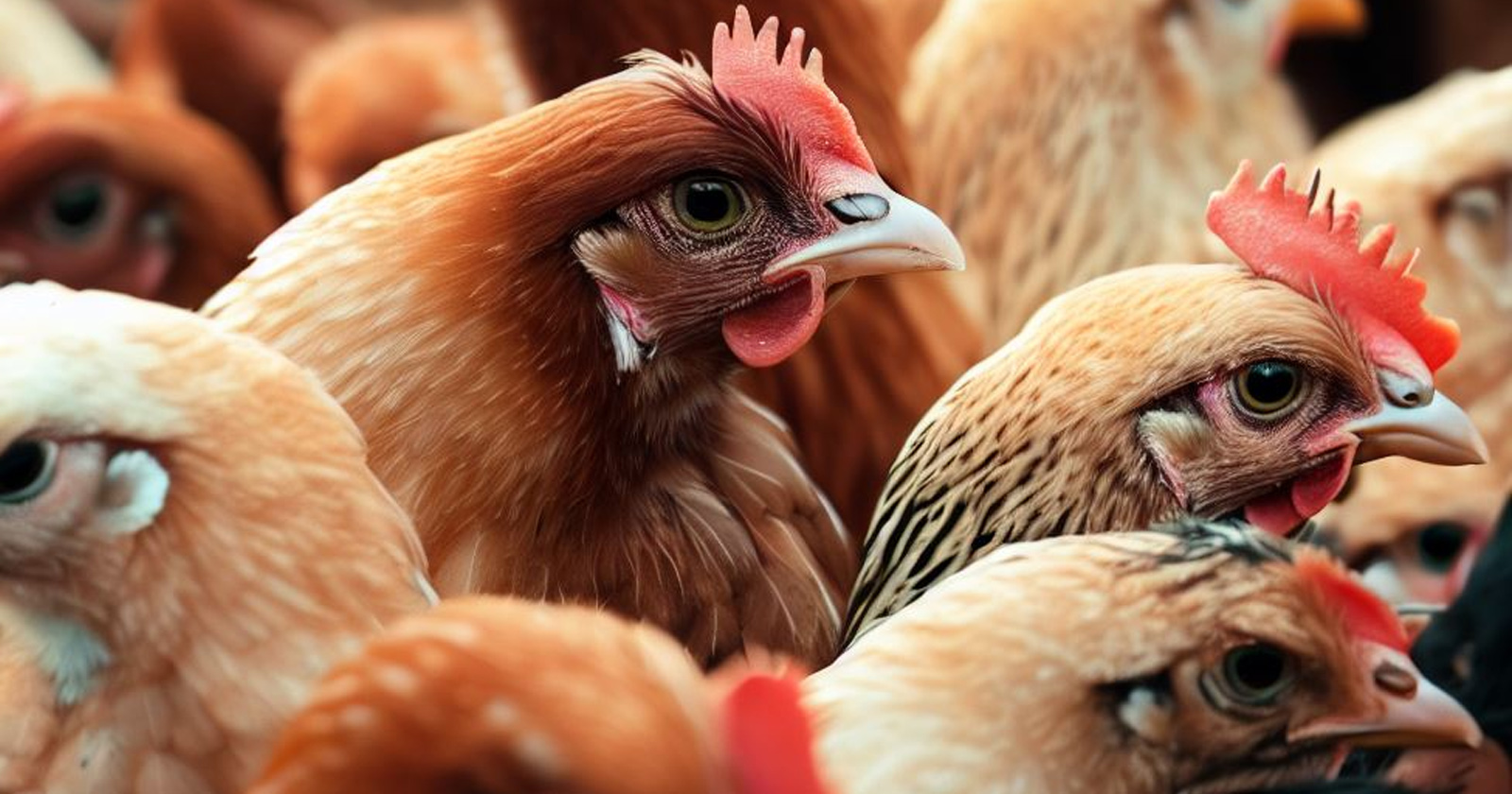Researchers in Japan announced that they have developed an artificial intelligence system that can understand the emotional state of chickens. The study, led by University of Tokyo professor Adrian David Cheok, has not yet been peer-reviewed.
The artificial intelligence system is based on a technique that researchers call “Deep Emotional Analysis Learning” and can adapt to changing voice patterns.
The study revealed that the AI system was able to translate various emotional states in chickens, including hunger, fear, anger, satisfaction, excitement and distress.
It is explained in the article as follows: “Our methodology uses a cutting-edge artificial intelligence technique we call Deep Emotional Analysis Learning (DEAL), a highly mathematical and innovative approach that allows for a nuanced understanding of emotional states through auditory data.”
Speaking to the New York Post, Cheok says, “If we know what animals feel, we can design a much better world for them,” and this was the beginning of the research. For the study, the researchers tested the system on 80 chickens and collaborated with a team of animal psychologists and veterinarians.

According to the study, the system managed to achieve a surprisingly high accuracy rate in detecting the emotional states of chickens. The high average detection probabilities for each emotion indicate that the model has learned to capture meaningful patterns and features from chicken sounds.
The researchers conducted the study while taking into account potential limitations such as racial differences and the complexity of some communications, such as body language.
If you wish, you can read the entire research article written by Adrian Cheok, Jun Cai and Ying Yan here. What are you thinking? Please don’t forget to share your thoughts with us in the comments.


